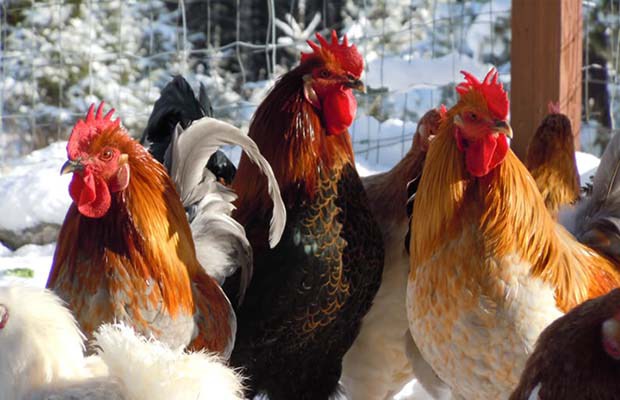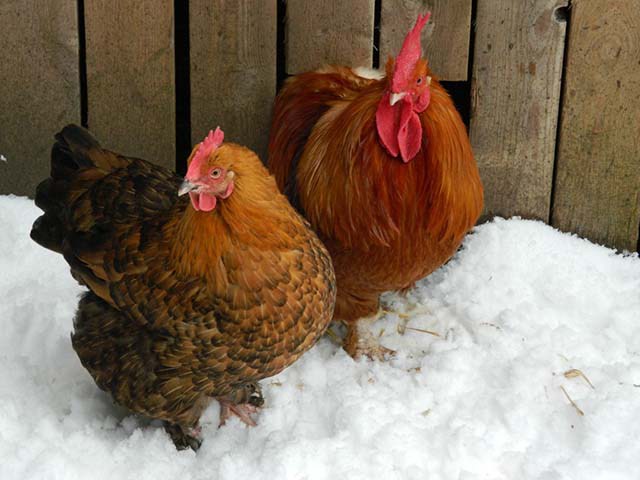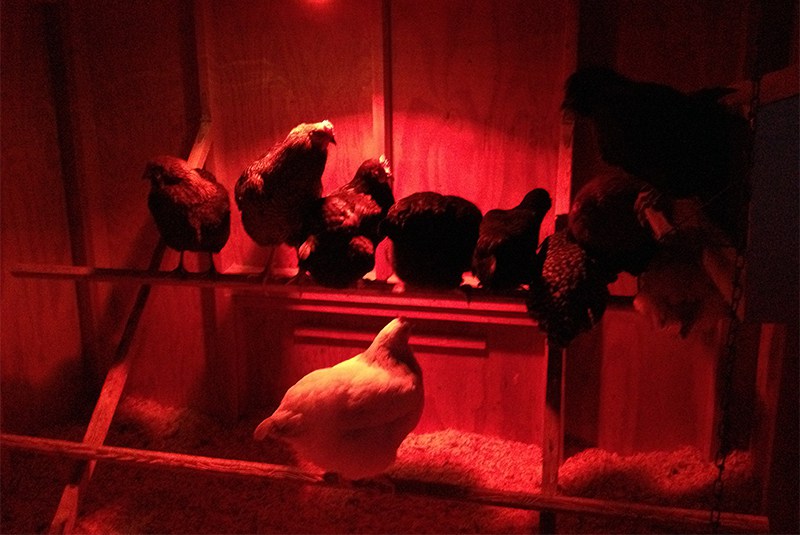
If you are looking into becoming more self-sufficient, one of the first places you can begin to impact your reliance on our modern systems is in how you get the food you eat. Most of us get our daily bread from the grocery store which as we have pointed out before, works pretty darn well if the grocery store is full of food, you can afford to pay for that food and you can get to the store. Fortunately for us, that is usually the case.
Convenience is a great thing, but we are reliant on a lot of systems for that convenience to work. Take some of those systems away and you could have problems. If there is a disruption in the supply chain, stores might not be restocked. If there are conditions that prevent you from getting out of your house like road closures due to flooding or ice you may not even be able to make it to the store. If you lose your job, you might not be able to afford to purchase food for your family.
I realize that while the world is still spinning that most of us reading these words don’t have to worry about that, but those are real examples of how your dependence solely on that grocery store could leave you in a pinch. Preppers can mitigate some of the inherent risks with the traditional model of food acquisition and availability by raising their own food. Gardens are normally the first thing that springs to mind, but smaller livestock make great additions as well as sources of protein.
Once you have a good garden going, people tend to look at chickens and rabbits to fill the holes in their food plans. Chickens are excellent for meat and their egg laying production and rabbits are prolific breeders. Both are relatively low-maintenance animals and can give you quite a considerable return on your investment and provide you with a source of food that isn’t dependent on you getting to the grocery store down the road.
If you are new to raising chickens or still considering trying this out on your homestead, one aspect of raising chickens that you should be aware of is that chickens produce fewer eggs in the winter. If you are counting on eggs for your diet, this could be alarming and several people have asked why chickens stop laying eggs in the first place.
Why do chickens stop laying eggs?
There are really a few reasons why chickens could be less dependable at any time of year but I will go over a few of the more common reasons below.
- Shorter days = Less light – Chickens rely on their endocrine system to send hormones out that tell them to lay eggs. The endocrine system in chickens is affected by many things, but sunlight is one of them and when there is less daylight, chickens can lay fewer eggs.
- Improper Nutrition – Just like any other animal a chicken needs a good balanced diet in order to produce eggs. The better her nutrition, the better her health, egg production and even the quality of the eggs.
- Broodiness – Broody chickens are doing what comes natural really and they are trying to hatch the eggs that they and other chickens have laid. If you let a bunch of eggs collect, they may try to sit on them in order to hatch these eggs. When they are doing this, they are not laying additional eggs. This is pretty easy to remedy by removing the eggs at least once per day.
- Age – Chickens, like women are born with all of the eggs they will ever lay. Not necessarily in “Grade A Large” sizes thankfully, but 2-3 years is a good guideline for many breeds. Once they have passed that age, or their eggs are all gone more precisely, they will no longer lay. We usually purchase a few each year to replenish the supply and sometimes if you purchase the same types older chickens can be mixed in with the newer. I am still trying to figure out if I want to cull the old before getting new. That would tend to fix some acclimation problems as well as keep me from purchasing food for birds that aren’t giving back so to speak, but there is the moral side of the argument that says I should take care of them because they took care of me. I guess it depends on how hungry I get…
- Disease – There are many diseases that can affect egg laying in chickens. If you suspect any of your chickens is sick, it is best to consult a local veterinarian that specializes in poultry.
Is there any way to help your chickens lay more eggs in winter?
Many of the reasons why chickens stop laying eggs are going to be out of your control, but you can cheat Mother Nature in one area. Daylight.
Simply putting a light bulb in your chickens coop in the winter time will mimic the longer days of summer and tell their endocrine systems to produce eggs on the usual schedule. If you are going to do this, I would keep the light on a timer though so it doesn’t stay on 24 hours a day. The amount of daylight they should receive shouldn’t be longer than a long summer day and will still give you their fullest egg production. Leaving the light on around the clock would seem to cheat them out of a little rest.
If you are installing a light in a chicken coop you need to be aware of potential fire hazards. I keep pine flake for the bedding in my coop and I know that wouldn’t react well to a hot bulb. The bulb should be mounted high enough so the chickens can’t burn themselves on it obviously. I would also protect the bulb with some wire mesh just to be safe.
You can add a heat lamp in there if your climate warrants the additional protection. I put a heat lamp on my water, but not in the coop and they seem to do fine. There are studies that say the red light puts chickens in a more relaxed and chilled out mood if you can believe that, but a normal white/yellow light should be just fine also.
What chicken tips do you have? Do you light up the coop or is it dark for your girls in the winter?























